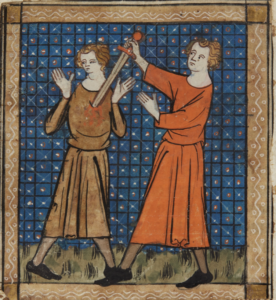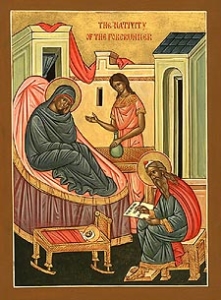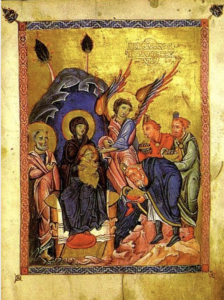Envy is the mother of murder.
Through this Cain slew Abel his brother; through this Esau (would have slain) Jacob, and his brethren Joseph, through this the devil all mankind. Thou indeed now killest not, but thou dost many things worse than murder, desiring that thy brother may act unseemly, laying snares for him on all sides, paralyzing his labors on the side of virtue, grieving that he pleaseth the Master of the world. Yet thou warrest not with thy brother, but with Him whom he serves, Him thou insultest when thou preferest thy glory to His.
And what is in truth worst of all, is that this sin seems to be an unimportant one, while in fact it is more grievous than any other; for though thou showest mercy and watchest and fastest, thou art more accursed than any if thou enviest thy brother. As is clear from this circumstance also. A man of the Corinthians was once guilty of adultery, yet he was charged with his sin and soon restored to righteousness; Cain envied Abel; but he was not healed, and although God Himself continually charmed the wound, he became more pained and wave-tossed, and was hurried on to murder.
Thus this passion is worse than that other, and doth not easily permit itself to be cured except we give heed. Let us then by all means tear it up by the roots, considering this, that as we offend God when we waste with envy at other men’s blessings, so when we rejoice with them we are well pleasing to Him, and render ourselves partakers of the good things laid up for the righteous. Therefore Paul exhorteth us to “Rejoice with them that do rejoice, and weep with them that weep” ( Rom. xii. 15 ), that on either hand we may reap great profit.





